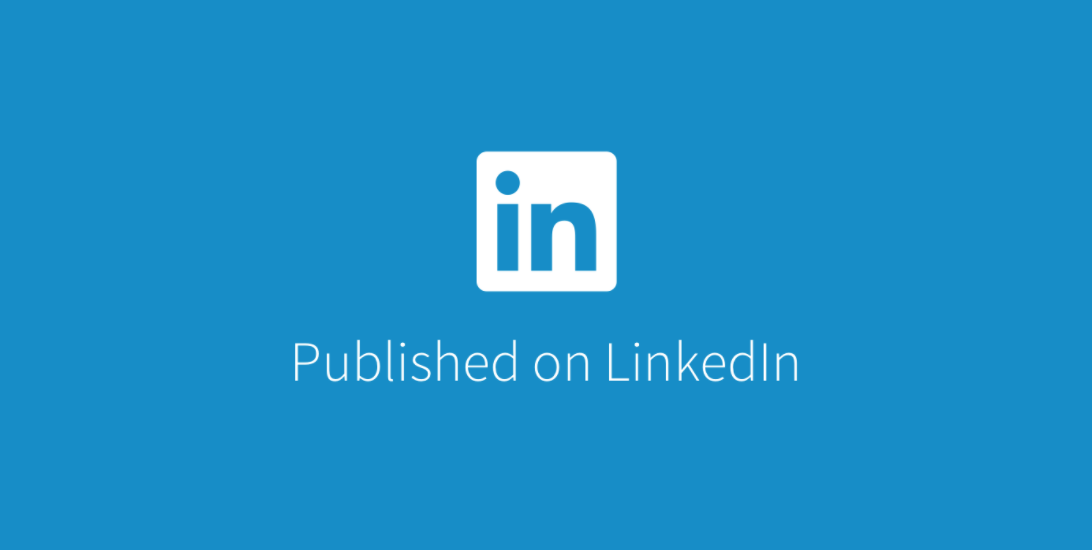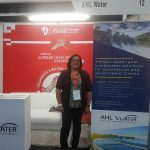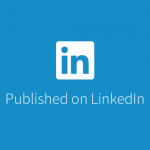As soon as I mention I work in the water industry, people ask about the safety of our tap water. The discussion always follows the same route: they reference ‘credible’ sources of information such as Facebook or Whats App to support their consumption of bottled water as tap water is perceived as unsafe. With all the doom and gloom associated with failing infrastructure and corruption in municipalities, who can blame them for this assumption!
Yes it is an assumption. As a scientist, I base my observations on fact, and I would like to share some facts around drinking water quality in South Africa.
Access to safe drinking water is enshrined in our Constitution as a basic human right. As the Custodian of our water, the Department of Water and Sanitation (DWS) outlines policies, norms and standards which cover amongst other items, provision of safe drinking water. Our national drinking water quality standards SANS 241:2015 is aligned with the international best practise principle of the Water Safety Planning concept of the World Health Organisation which states: “The most effective means of consistently ensuring the safety of a drinking-water supply is through the use of a comprehensive risk assessment and risk management approach that encompasses all steps in the water supply from catchment of consumer. Such as approach is called water safety plans”(WHO, WSP Manual, 2009). As per the WHO guidelines, the SANS 241:2015 includes risk assessment and risk management of the entire water supply system, development of risk-based monitoring programs, development of incident protocol and annual review of risk process to manage both current and future potential risks. In addition, SANS 241 outlines the location and required number of sampling points based on population size to ensure the entire supply system is monitored.
The Blue Drop Certification program of DWS allocates 35% of the Blue Drop score to Water Safety Planning with an additional 30% allocated to the actual water quality compliance results against the limits outlined in the SANS 241 standard. In addition, all Water service Authorities (municipalities) are required to provide information to DWS regarding compliance against norms and standards as per Section 62 of the Water Services Act (No. 108 of 1997).
Currently this is being performed as part of Blue Drop compliance program and all Municipalities are required to submit monthly compliance monitoring information to the Department. The analysis must be conducted by an accredited laboratory and information is uploaded onto the IRIS system of DWS (Integrated Regulatory Information System). IRIS has replaced the Blue Drop system and provides a wealth of information on water management including the following water and effluent quality dashboards:
- http://ws.dwa.gov.za/IRIS/dashboard_status.aspx: Overview of monthly drinking water quality compliance results per province, municipality, and system
- http://ws.dwa.gov.za/IRIS/dashboard_waste.aspx: Overview of monthly effluent quality compliance results per province, municipality, and system
- http://ws.dwa.gov.za/IRIS/mywater.aspx: Allows you to search for latest water quality results per area: type in the name of the city/ town or suburb and it will provide an overview of the latest water quality results in that area. It will also indicate the sample point, date of the latest sample, and number of sample sites per system. This is important as SANS 241 outlines location and number of samples points required per system to ensure there is sufficient coverage of the entire reticulation network.
- http://ws.dwa.gov.za/IRIS/myriver.aspx: Allows you to search for effluent discharges to rivers. Type in name of river and it provides name of wastewater treatment plant, quantity and quality of effluent.
The IRIS website therefore offers the public a wealth of information allowing them to make informed decisions on quality and consumption of tap water that will affect both their budget and their health.
The question remains, what do you do when the water is not safe to drink, and you cannot afford bottled water?
Contact us for verification sampling and risk assessment of your water supply system to ensure your home/school/housing complex/clinic/office/factory is receiving safe drinking water at all points in your network.





